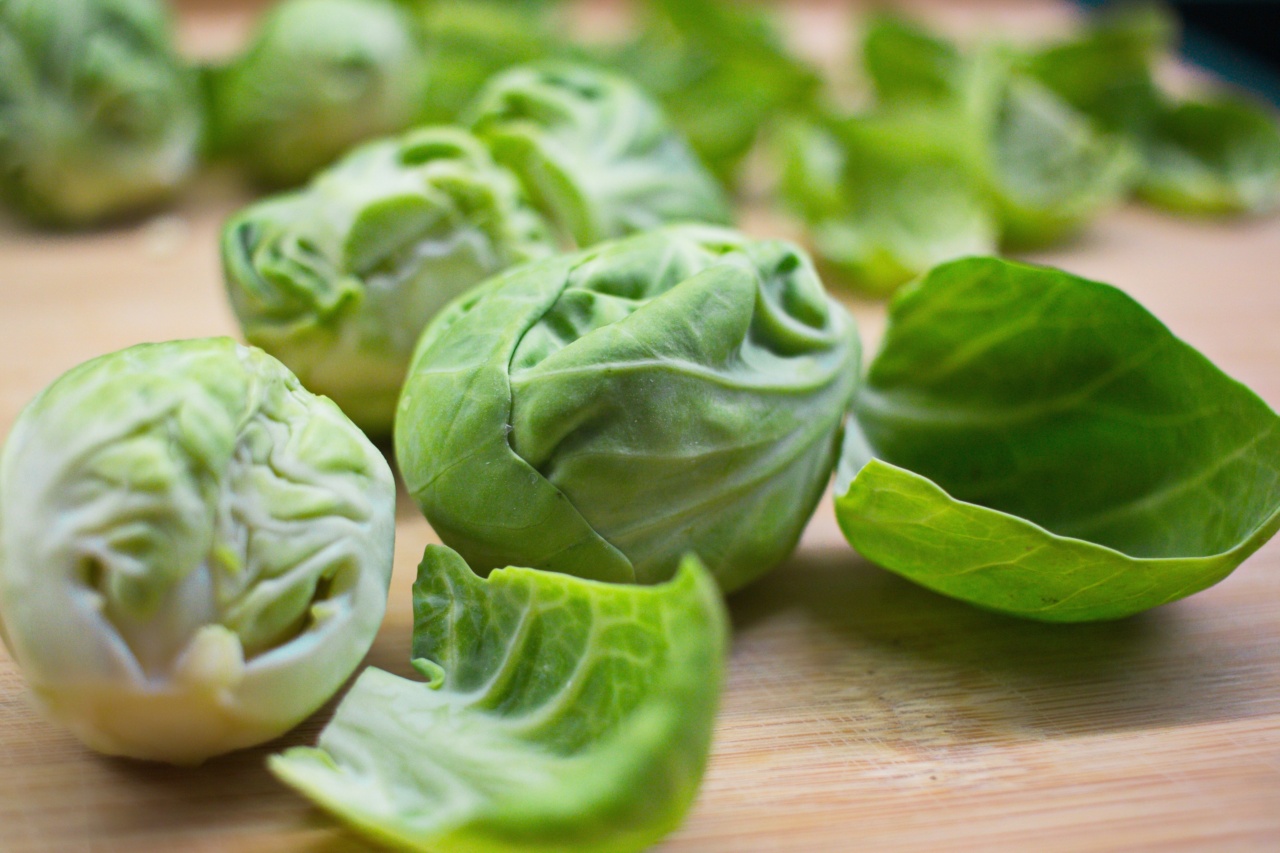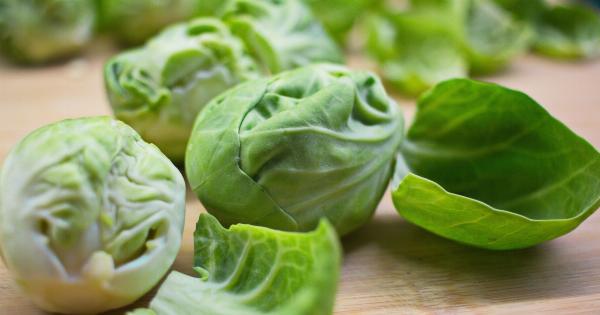When it comes to maintaining a healthy body, consuming a balanced diet is essential. While we all know the importance of vitamins and minerals, vitamin K often gets overlooked.
What is Vitamin K?
Vitamin K is a fat-soluble vitamin that plays a crucial role in blood clotting, bone metabolism, and regulating blood calcium levels. The vitamin is essential in preventing excessive bleeding and bone fractures.
There are two types of vitamin K: K1 and K2. Vitamin K1 is found in green leafy vegetables, such as spinach and kale. Vitamin K2 is found in fermented foods and animal products. The human body is capable of producing vitamin K2, but not vitamin K1.
Therefore, it is essential to include foods that are rich in vitamin K1 in your diet to maintain a healthy body.
How much Vitamin K do we need?
The recommended daily intake of vitamin K varies depending on age and gender. For adult men, 120 micrograms (mcg) is recommended daily, while for adult women, 90 mcg is recommended daily.
Brussels Sprouts: A Vitamin K Powerhouse
While many vegetables are rich in vitamin K, Brussels sprouts are a powerhouse of this essential vitamin. One cup of Brussels sprouts contains 246 percent of the recommended daily intake of vitamin K1.
Brussels sprouts are also a great source of antioxidants, vitamin C, and fiber. They are low in calories and carbohydrates, making them an excellent choice for those watching their weight or managing their blood sugar levels.
Health benefits of Brussels sprouts
Consuming Brussels sprouts regularly can provide numerous health benefits. Here are a few of them:.
- Strengthen bones: Vitamin K is essential for bone metabolism. Consuming foods rich in vitamin K1, such as Brussels sprouts, can help maintain healthy bones and prevent fractures.
- Regulate blood sugar: The fiber in Brussels sprouts slows the absorption of sugar into the bloodstream, making them an ideal food for those with diabetes.
- Improve digestion: The fiber and water content in Brussels sprouts can help regulate bowel movements and prevent constipation.
- Boost immunity: Brussels sprouts are rich in vitamin C, which helps boost the immune system and prevent infections.
- Reduce inflammation: The antioxidants in Brussels sprouts can help reduce inflammation in the body and prevent chronic diseases.
Cooking and Consuming Brussels Sprouts
Brussels sprouts can be cooked in various ways, including roasting, steaming, or sautéing.
To cook Brussels sprouts, rinse the sprouts and trim the stems before cutting them in half or quarters. Heat a skillet over medium-high heat, add some oil, and place the sprouts cut-side down in the pan. Cook until the sprouts are browned and tender.
If you prefer baking your Brussels sprouts, preheat your oven to 425 degrees Fahrenheit and place the Brussels sprouts on a baking sheet. Toss them with olive oil, salt, and pepper and roast for about 20-25 minutes until well browned and tender.
When consuming Brussels sprouts, it is important to watch your portion sizes. While they are low in calories, consuming too many Brussels sprouts can lead to excess gas and bloating.
The Bottom Line
Vitamin K is an essential nutrient that plays a vital role in maintaining healthy bones, regulating blood calcium levels, and preventing excessive bleeding.
Consuming foods rich in vitamin K1, such as Brussels sprouts, can help maintain overall health and prevent the risk of chronic diseases.
Brussels sprouts are a nutrient-dense vegetable that are low in calories and high in vitamins, minerals, and antioxidants. They can be cooked in various ways and are a great addition to a healthy, balanced diet.




























